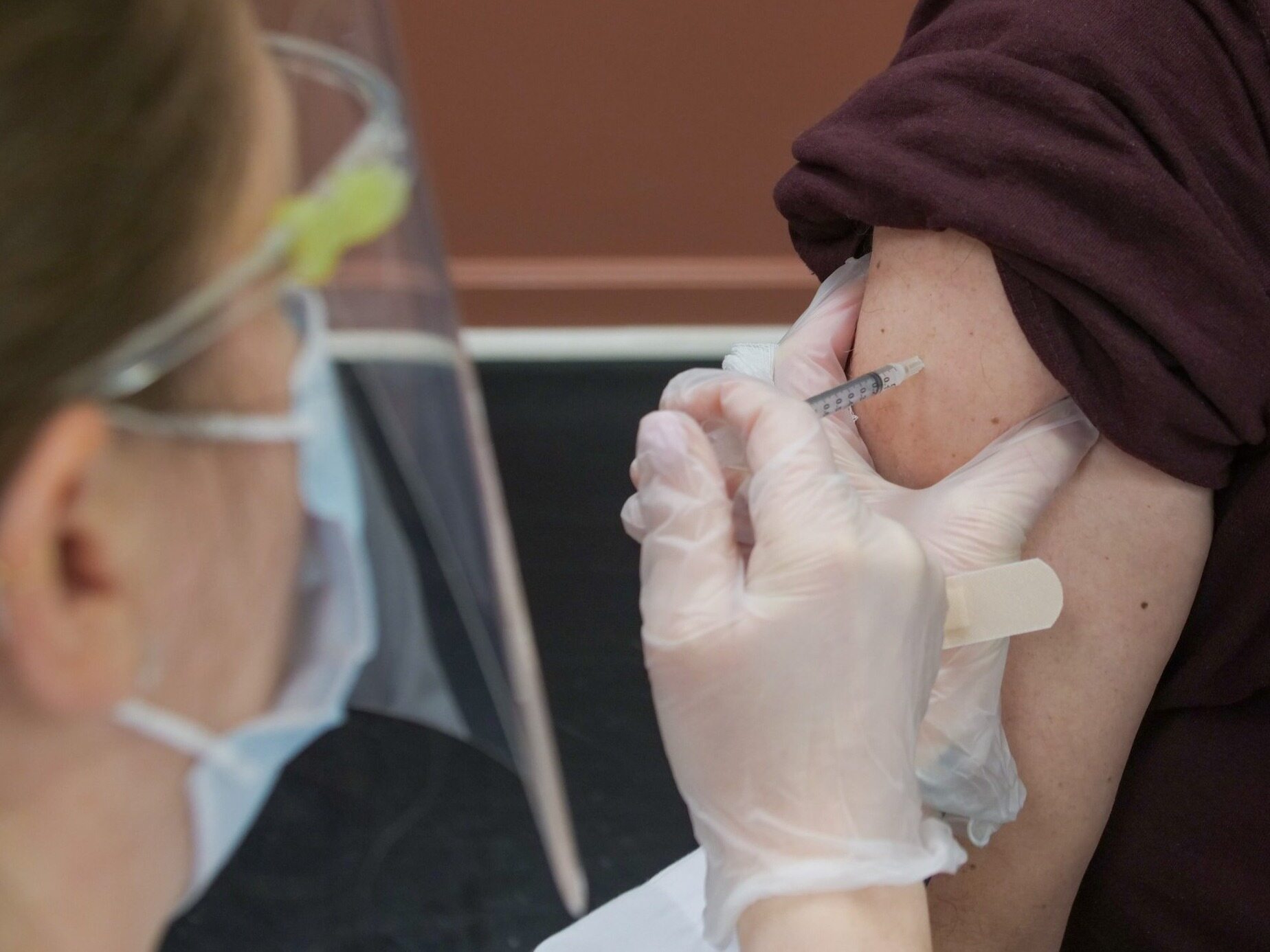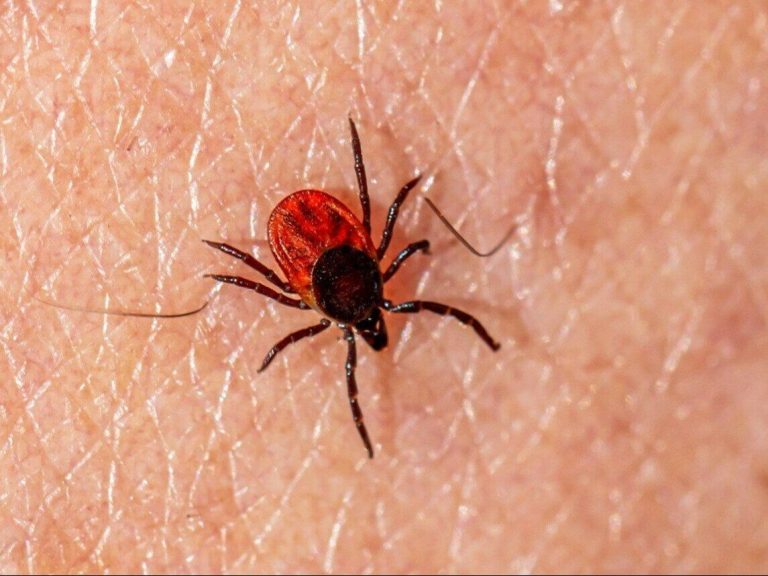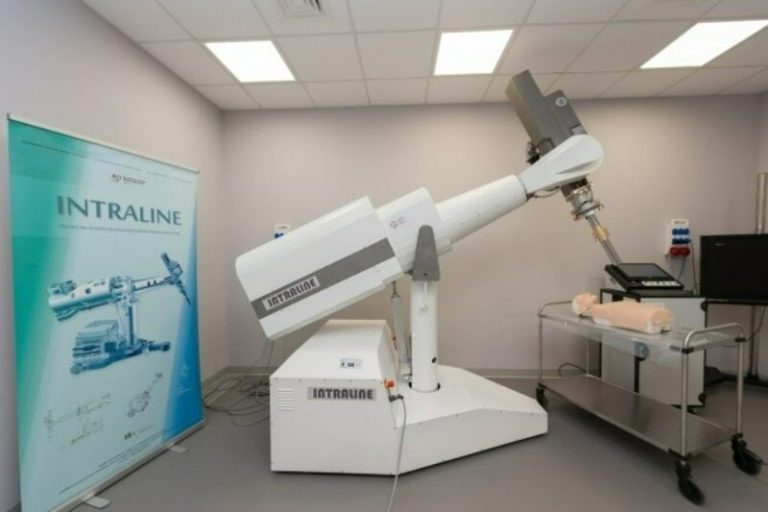They run away from the office out of fear of the needle. How to overcome needlephobia?

The fear of needles can be paralyzing to such an extent that patients completely give up medical help. This is why aichmophobia can be dangerous.
People feel fear of various situations and objects – this is normal. But if the fear is so strong that it interferes with normal functioning, it is a sign that the patient may have developed a phobia. There are over 700 types of phobias. These include claustrophobia (fear of being in a closed room), arachnophobia (fear of spiders), and aviophobia (fear of flying). Many people also suffer from aichmophobia. How does this disorder manifest itself?
Needlephobia – what is this disorder?
Aichmophobia is a fear of needles and sharp or pointed objects (scalpels, knives, syringes, scissors, pens, crochet hooks) that is disproportionate to the circumstances. It is commonly called needlephobia.
Most often, this disorder is revealed during medical examinations and medical procedures (e.g. during blood sampling or anesthesia administration). People suffering from this phobia experience real agony at the thought of a needle touching their body. They are unable to control this fear. They imagine that a pointed object will wreak great havoc on their body, harm them, and leave a permanent mark.
How does aichmophobia manifest itself?
A phobia is a disorder that manifests itself in a strong fear of a specific stimulus – in the case of aichmophobia, it involves needles and other sharp or sharp objects. This is a typical defensive reaction of the brain, which protects itself against re-experiencing an experience that previously caused pain, fear or other negative experiences. We talk about needlephobia when the patient – apart from anxiety – has additional symptoms.
Other symptoms of needlephobia:
-
pain in the chest,
-
excessive sweating,
-
dry mouth,
-
feeling of heart palpitations,
-
rapid breathing,
-
shaking hands,
-
high pressure,
-
nausea,
-
stomach pain,
-
headaches.
Where does the fear of needles come from?
Very often, needlephobia has its origins in childhood. Patients struggle with trauma after vaccinations or procedures that were performed forcefully, against their will. Sometimes they do not remember the circumstances of the event, but only the feeling of fear and pain that accompanied them. Needlephobia is more common among people who received frequent series of injections in childhood and suffered from a chronic disease, e.g. diabetes. There are also theories that aichmophobia may have a genetic basis. The phobia may manifest itself in stressful situations.
How to get rid of aichmophobia?
Patients struggling with aichmophobia sometimes run away from the doctor’s office. In extreme cases, they stop visiting specialists (e.g. dentists), give up vaccinations and check-up blood tests. Psychotherapy is their salvation. There are also ways you can try to calm your fear of needles. Here they are:
-
tell the doctor or nurse that you are afraid,
-
before going to the doctor or for a procedure, imagine what activities the medical staff will perform,
-
If your child is afraid of being pricked, explain in detail what the procedure or examination will involve – do not hide anything,
-
say out loud what you’re afraid of,
-
when collecting blood, relax your muscles – this will reduce pain,
-
breathe deeply (inhale through your nose, exhale through your mouth),
-
don’t look at the object that causes fear in you, look away from it.






